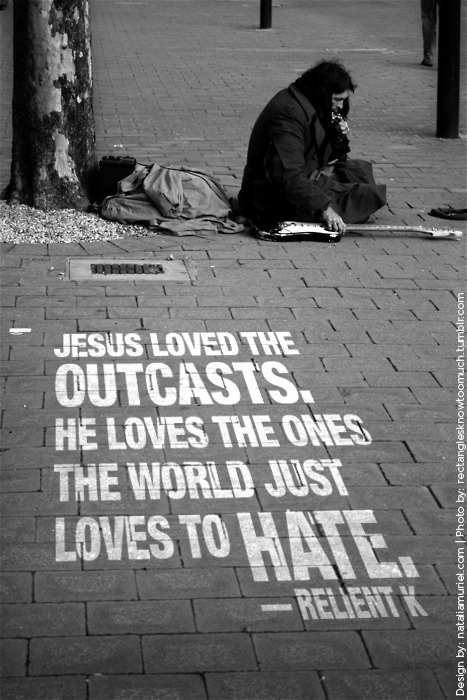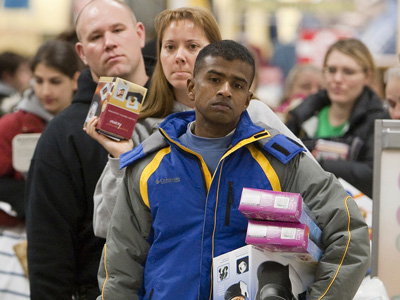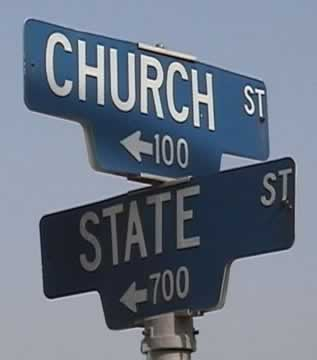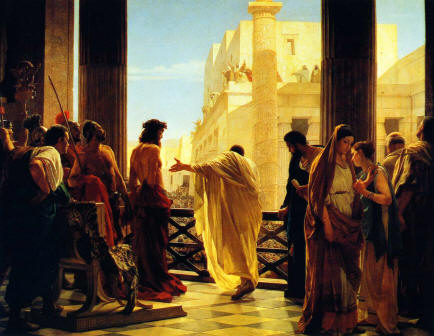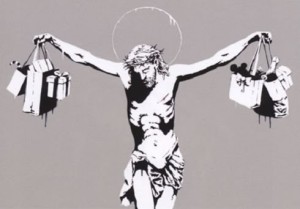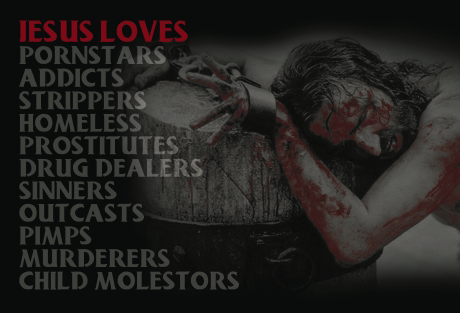 I am spending some time in the US this Australian summer. It’s my fourth time here. My first impressions this time are that, for most people, life is a daily battle to get everything done. It’s about making the bucks, working so hard that we no longer know what we’re working towards. No one seems to stop and smell the roses.
I am spending some time in the US this Australian summer. It’s my fourth time here. My first impressions this time are that, for most people, life is a daily battle to get everything done. It’s about making the bucks, working so hard that we no longer know what we’re working towards. No one seems to stop and smell the roses.
A culture that stops reflecting is a culture that doesn’t know where it’s going. This article is not a criticism of the US, because Australia, where I come from, is just the same. And even more so, I don’t spend enough time reflecting in my own life. But in this land where freedom and the individual pursuit of happiness is the guiding light that will lead us to the Promised Land, it seems to stand out more.
It has been said that we in the West have “noisy souls.” That is, we have so much going on in our brains that we are no longer able to take notice of the little things in life. We are so wired that we don’t know how to stop and notice the birds singing. Continue reading
